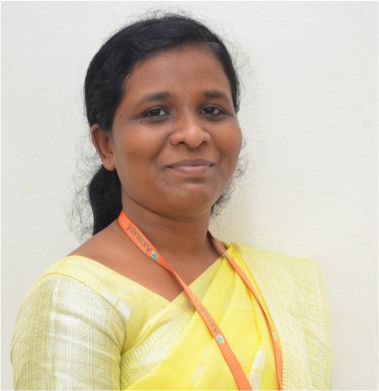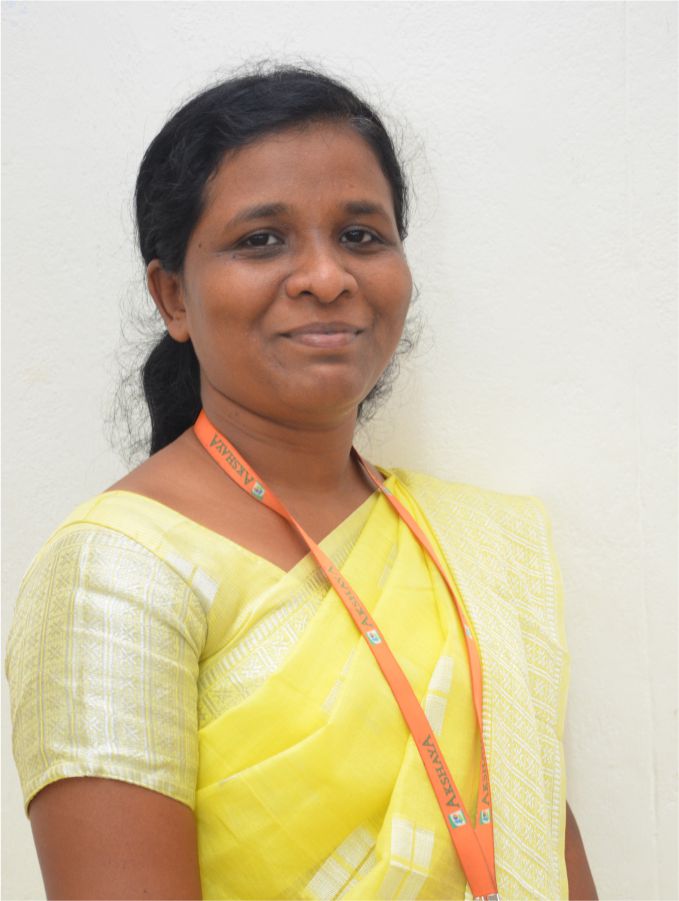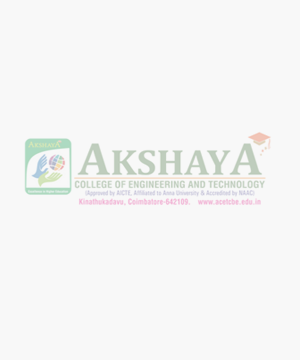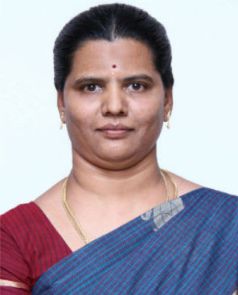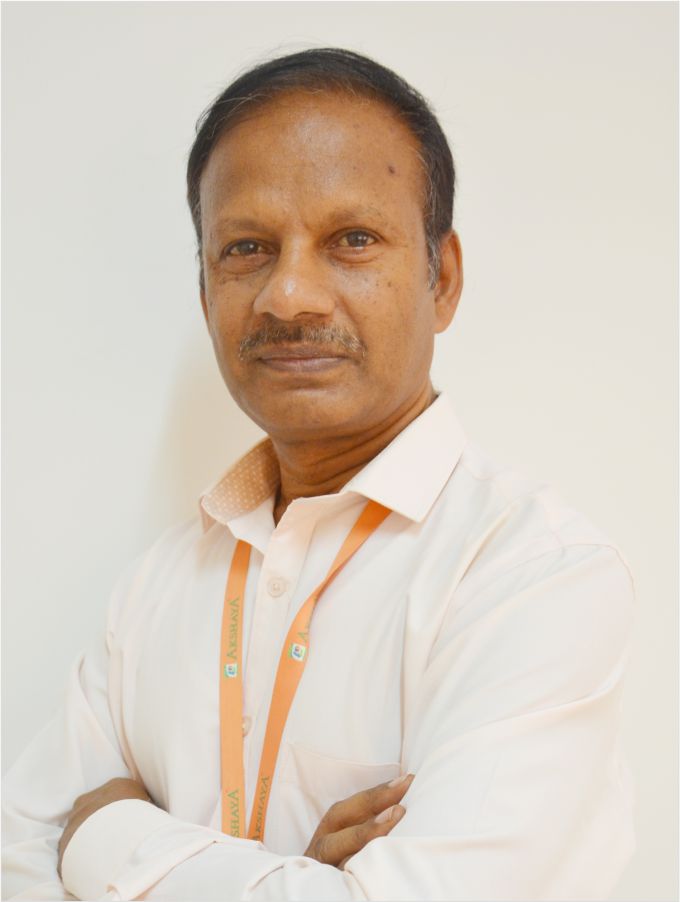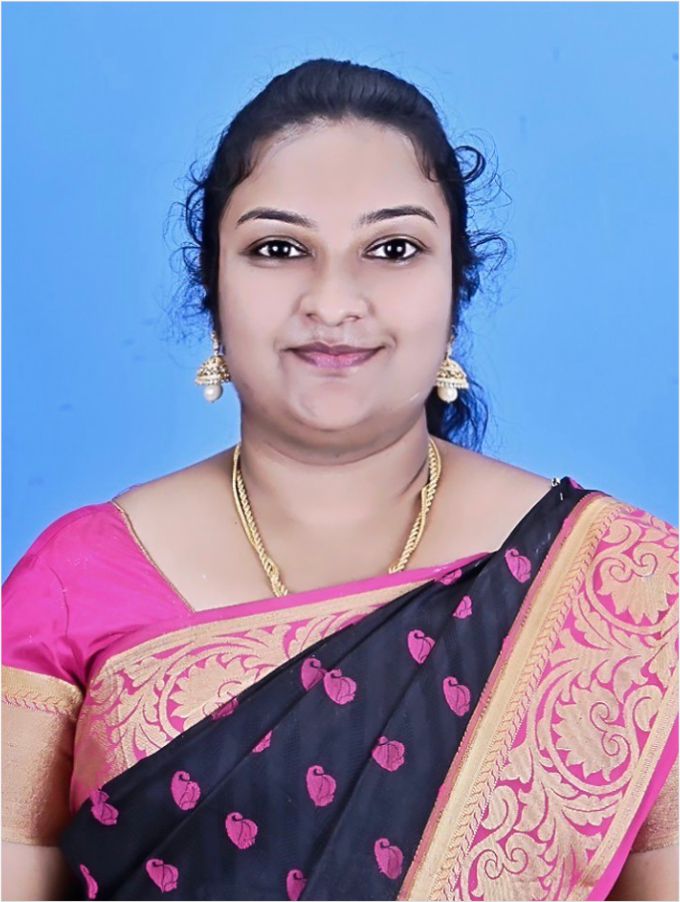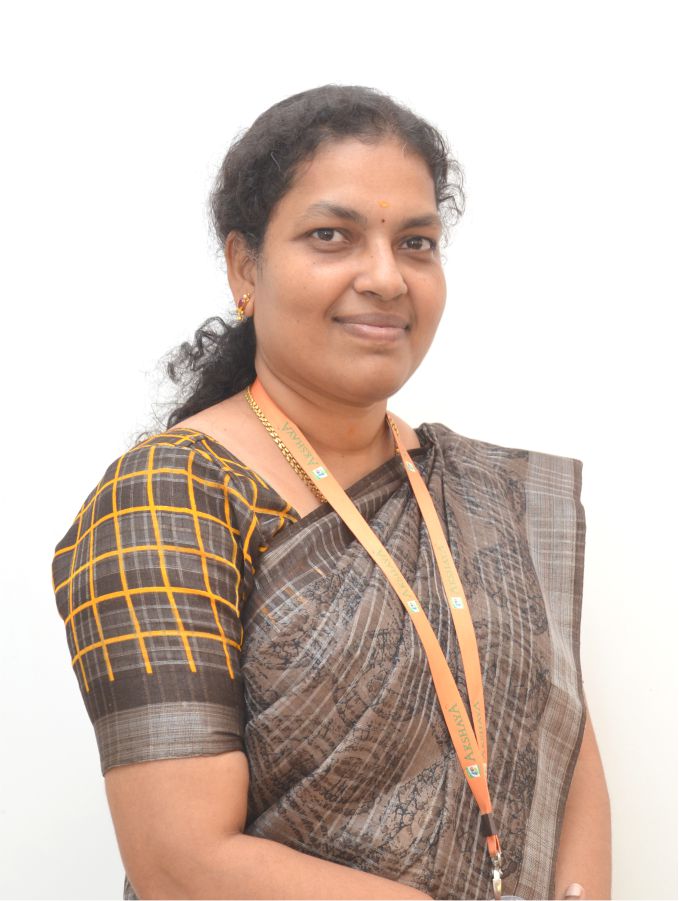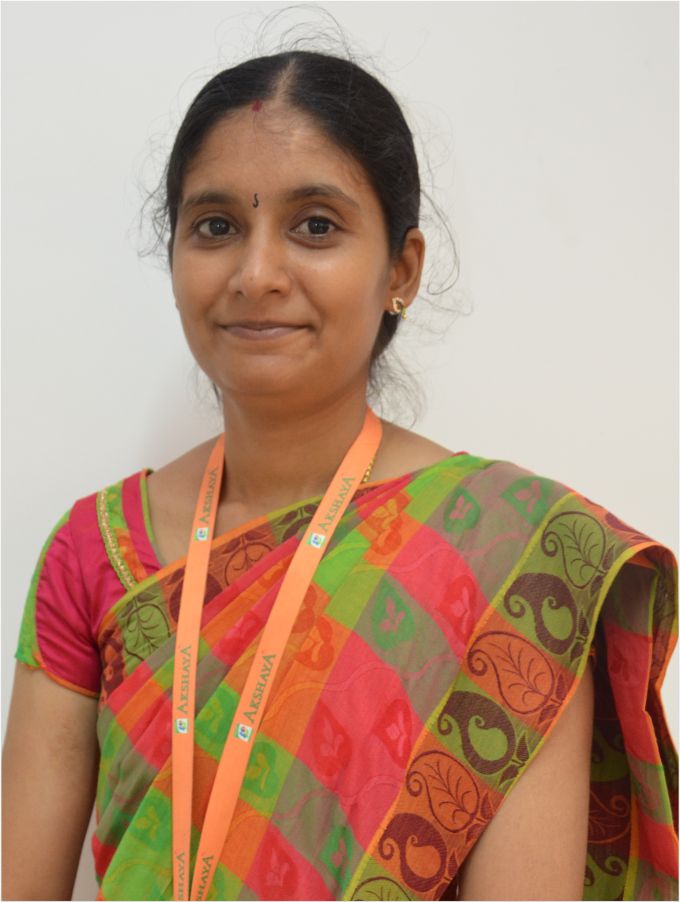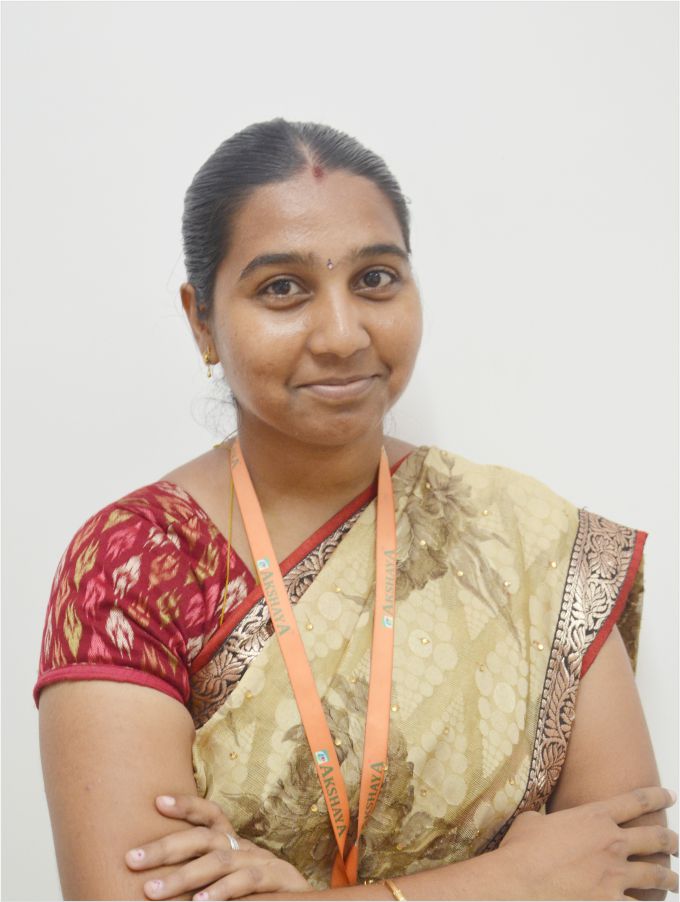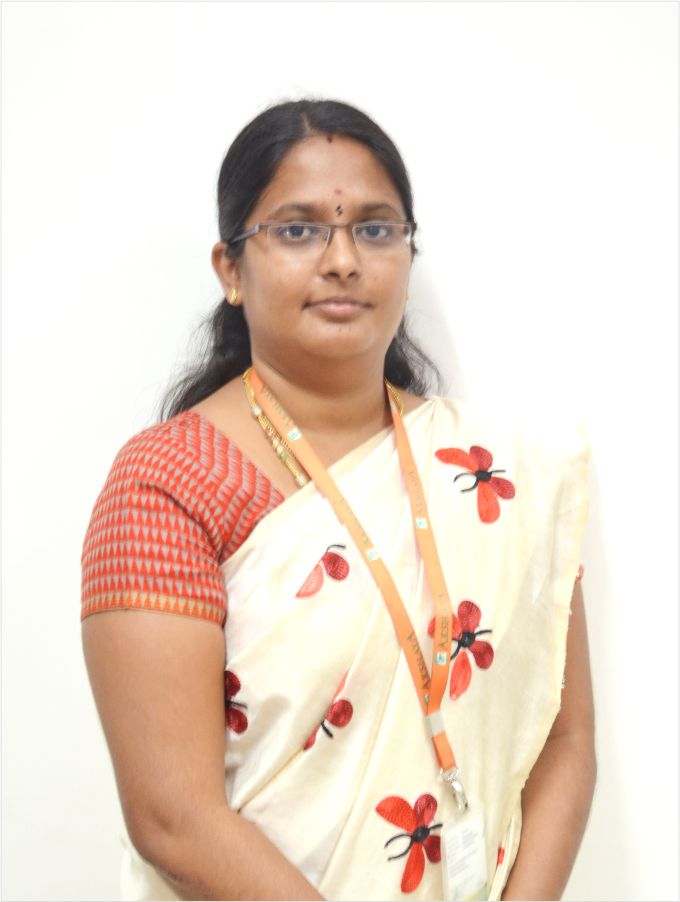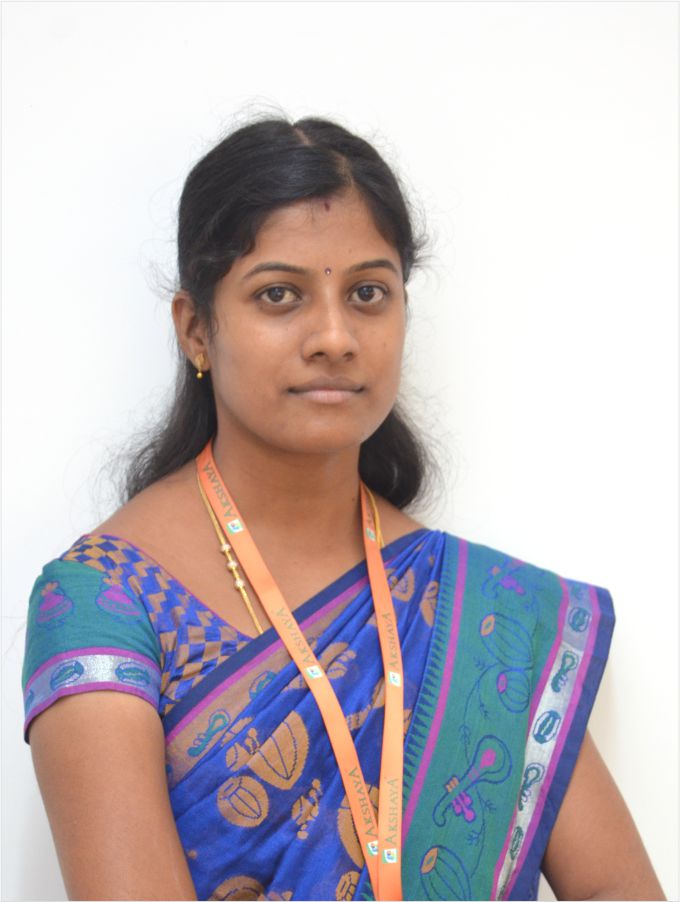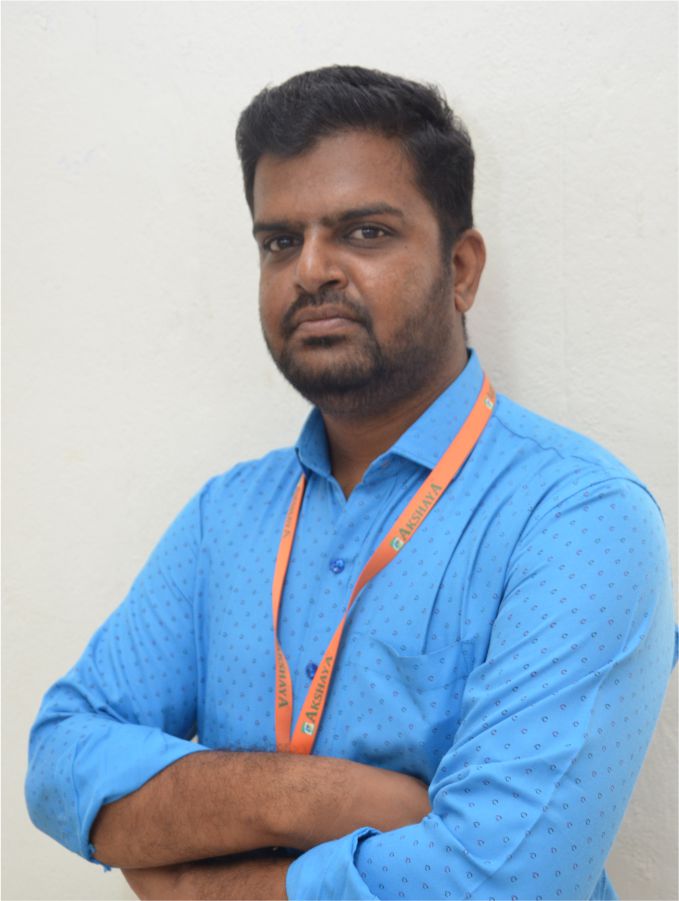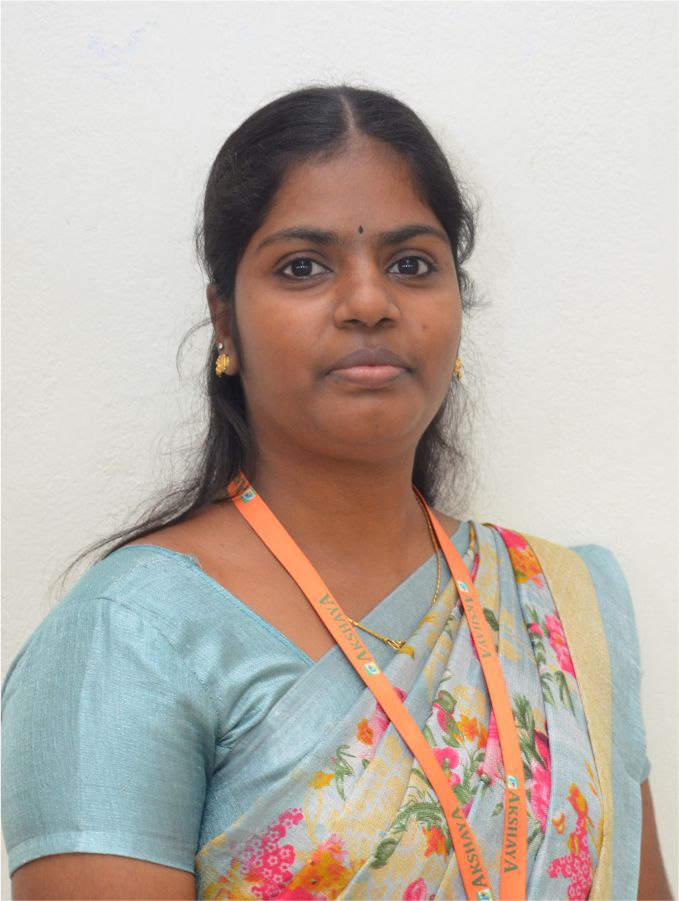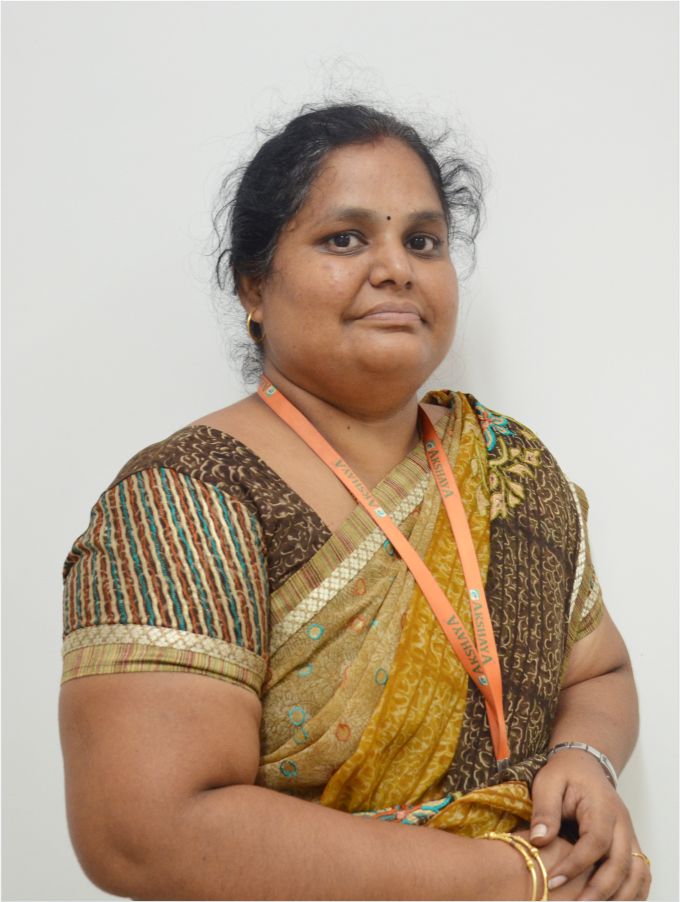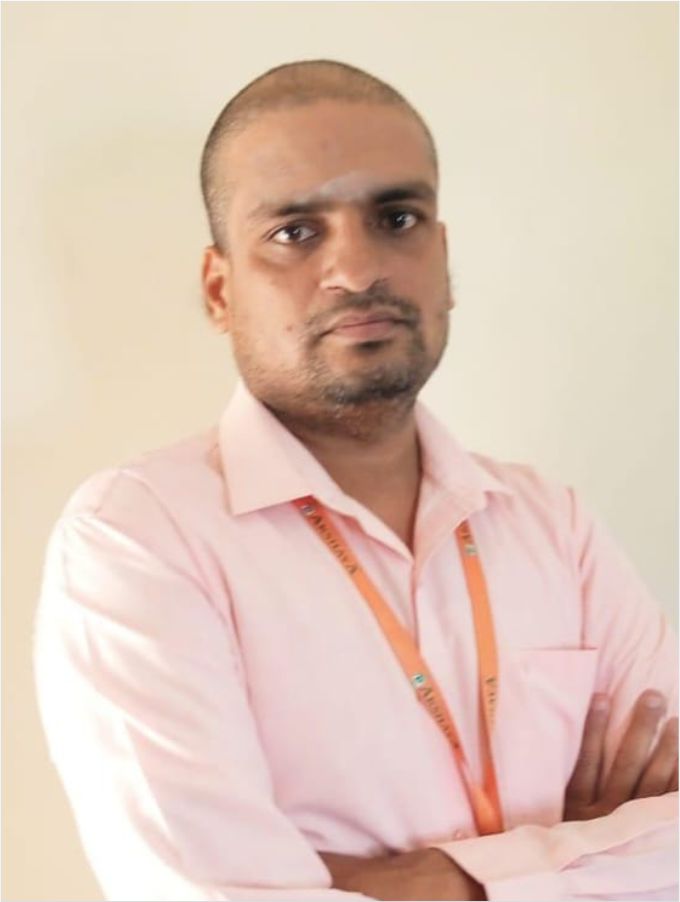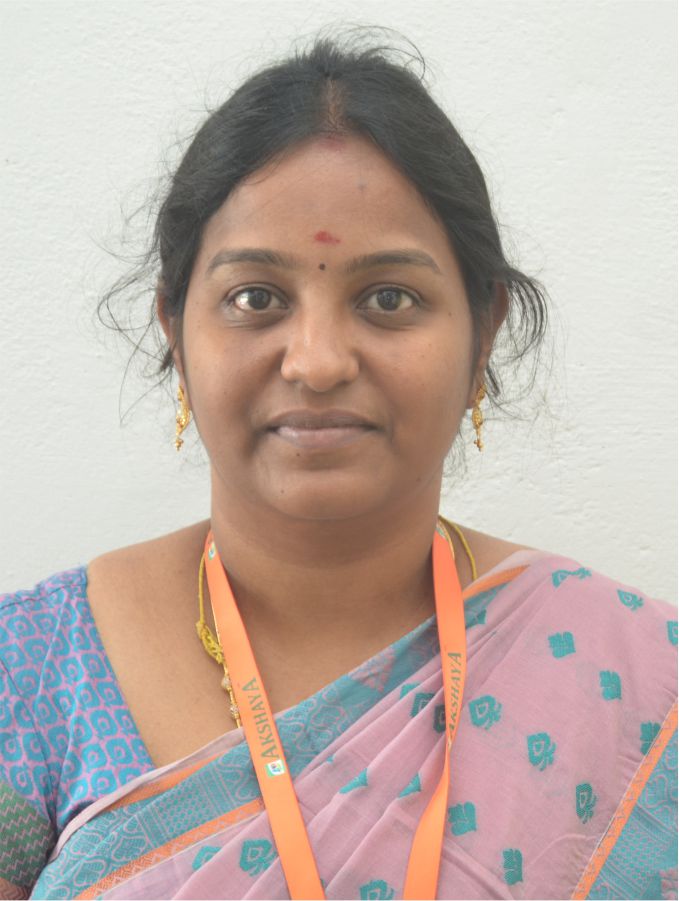Established in 2009, the Department of Computer Science and Engineering at Akshaya College of Engineering and Technology offers a B.E. degree programme with an intake of 90 students and an M.E. Degree programme with an intake of 9 students. In recognition of our dedication to academic excellence, the department received NBA accreditation in 2024. The department's primary objective is to deliver world-class quality education in the field of Computer Science. Equipped with computers featuring fully networked terminals with the latest hardware and software configurations, the department provides a conducive learning environment. Additionally, the department offers Internet connectivity with a bandwidth of 300 Mbps on a 1:1 ratio, ensuring seamless access to online resources. These facilities empower students to explore and innovate in the ever-evolving field of Computer Science.
Vision
To develop competent Computer Science Engineers, capable of meeting the challenges in the globalized technological society.
Mission
- DM 1 : To provide good quality academic and infrastructure environment that would help the students acquire deep knowledge and skills in Computer Science and Engineering.
- DM 2 : To prepare students for careers in IT Industry, encourage Entrepreneurship and mould them to take leadership for the betterment of the society.
- DM 3 : To produce competent graduates with human values, for carrying out research in cutting edge technologies in Computer Science and Engineering.
Program Educational Objectives (PEO)
- PEO 1 : Prospective Career: To exhibit knowledge and skills in the various domain areas of Computer Science and Engineering with an awareness in different disciplines for a prospective career and to undertake novel research as per the needs of the society, government and industries.
- PEO 2 : Higher Education: To be strong in fundamentals of Computer Science and Engineering
for successfully pursuing higher education and research in reputed institutions.
- PEO 3 : Product Development: To apply their knowledge and innovative ideas to design and develop products in interdisciplinary areas for real time problems and to emerge as entrepreneurs.
- PO 1 : Engineering knowledge: Apply the knowledge of mathematics, science, engineering fundamentals, and an engineering specialization to the solution of complex engineering problems.
- PO 2 : Problem analysis: Identify, formulate, review research literature, and analyze complex engineering problems reaching substantiated conclusions using first principles of mathematics, natural sciences, and engineering sciences.
- PO 3 : Design/development of solutions: Design solutions for complex engineering problems and design system components or processes that meet the specified needs with appropriate consideration for the public health and
safety, and the cultural, societal, and environmental considerations
- PO 4 : Conduct investigations of complex problems: Use research-based knowledge and research methods including design of experiments, analysis and interpretation of data, and synthesis of the information to provide valid
conclusions.
- PO 5 : Modern tool usage: Create, select, and apply appropriate techniques, resources, and modern engineering
and IT tools including prediction and modeling to complex engineering activities with an understanding of the limitations.
- PO 6 : The Engineer and Society: Apply reasoning informed by the contextual knowledge to assess societal,
health, safety, legal and cultural issues and the consequent responsibilities relevant to the professional engineering practice.
- PO 7 : Environment and Sustainability: Understand the impact of the professional engineering solutions in societal and environmental contexts, and demonstrate the knowledge of, and need for sustainable development.
- PO 8 : Ethics: Apply ethical principles and commit to professional ethics and responsibilities and norms of the engineering practice.
- PO 9 : Individual and Team work: Function effectively as an individual, and as a member or leader in diverse teams, and in multidisciplinary settings.
- PO 10 : Communication: Communicate effectively on complex engineering activities with the engineering community and with society at large, such as, being able to comprehend and write effective reports and design documentation, make effective presentations, and give and receive clear instructions.
- PO 11 : Project management and Finance: Demonstrate knowledge and understanding of the engineering and management principles and apply these to one’s own work, as a member and leader in a team, to manage projects and in multidisciplinary environments.
- PO 12 : Life-long learning: Recognize the need for, and have the preparation and ability to engage in independent and life-long learning in the broadest context of technological change.
Program Specific Outcomes (PSOs)
- PSO 1 : Professional skills: Able to analyze and develop solutions to complex engineering problems in IT such as Operating Systems, Networks, Data Structure, Database Management Systems, Cloud Computing and Mobile computing, to meet the society and industrial needs.
- PSO 2 : Competency: Able to solve the industry problems with knowledge in recent technology and tools such as Machine Learning, Internet of Things, Oracle, Java Programming etc with good team skills and ethical values.





























